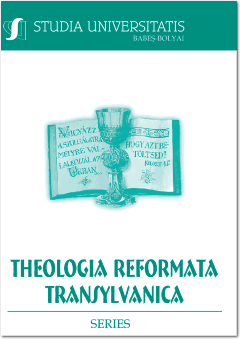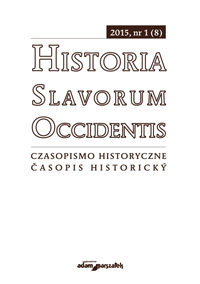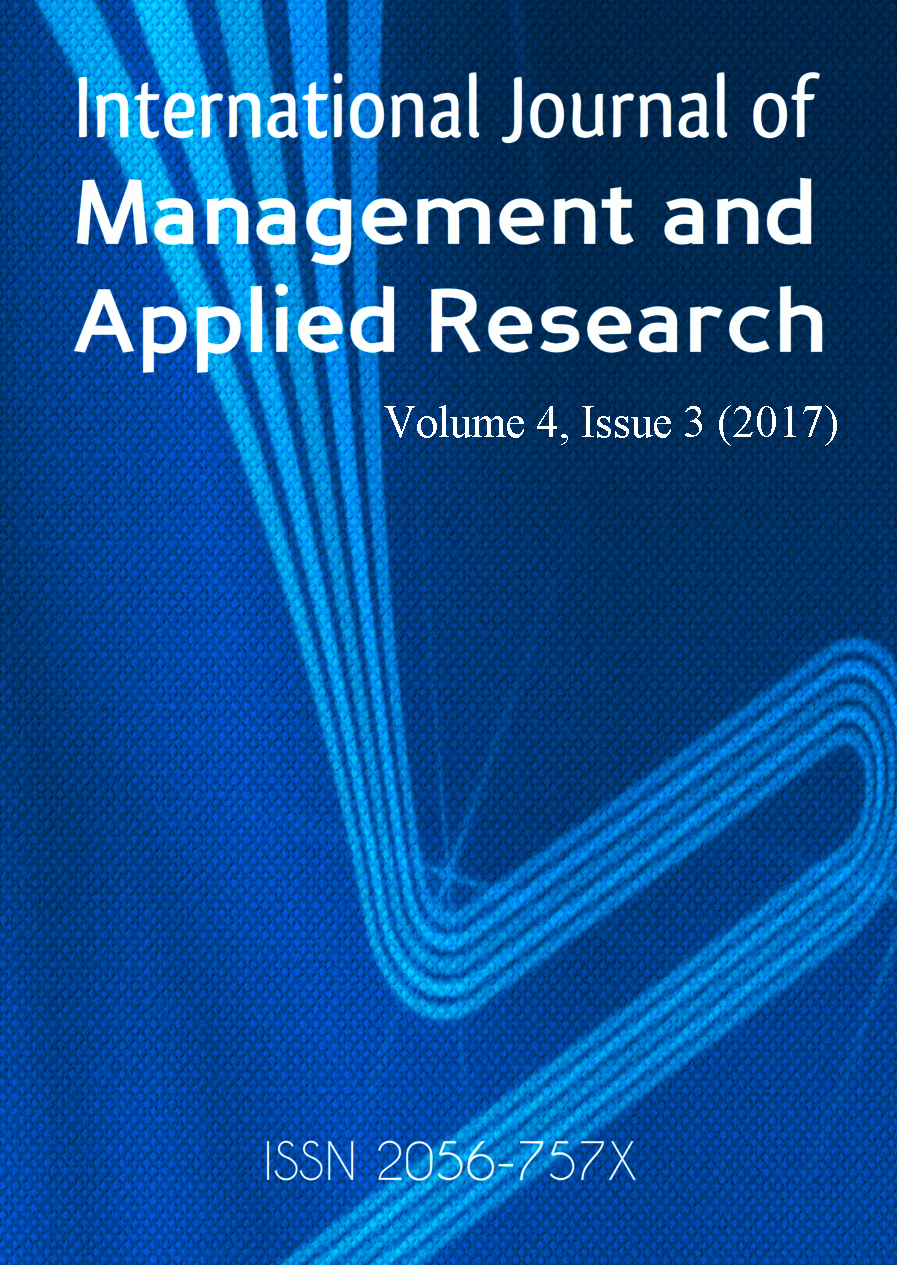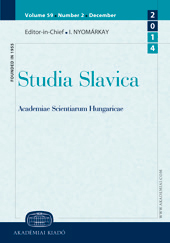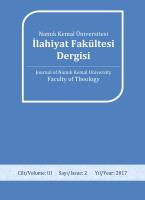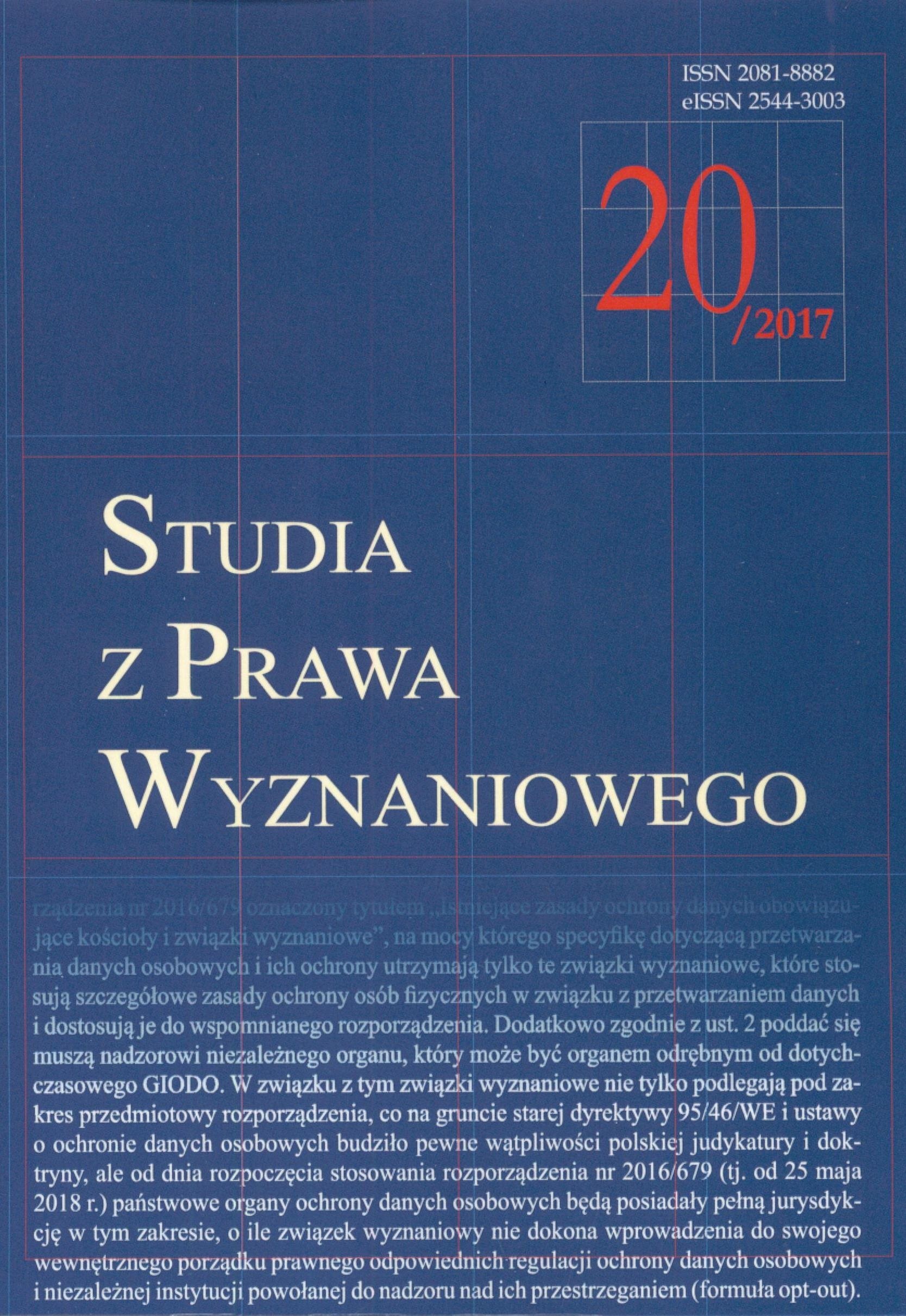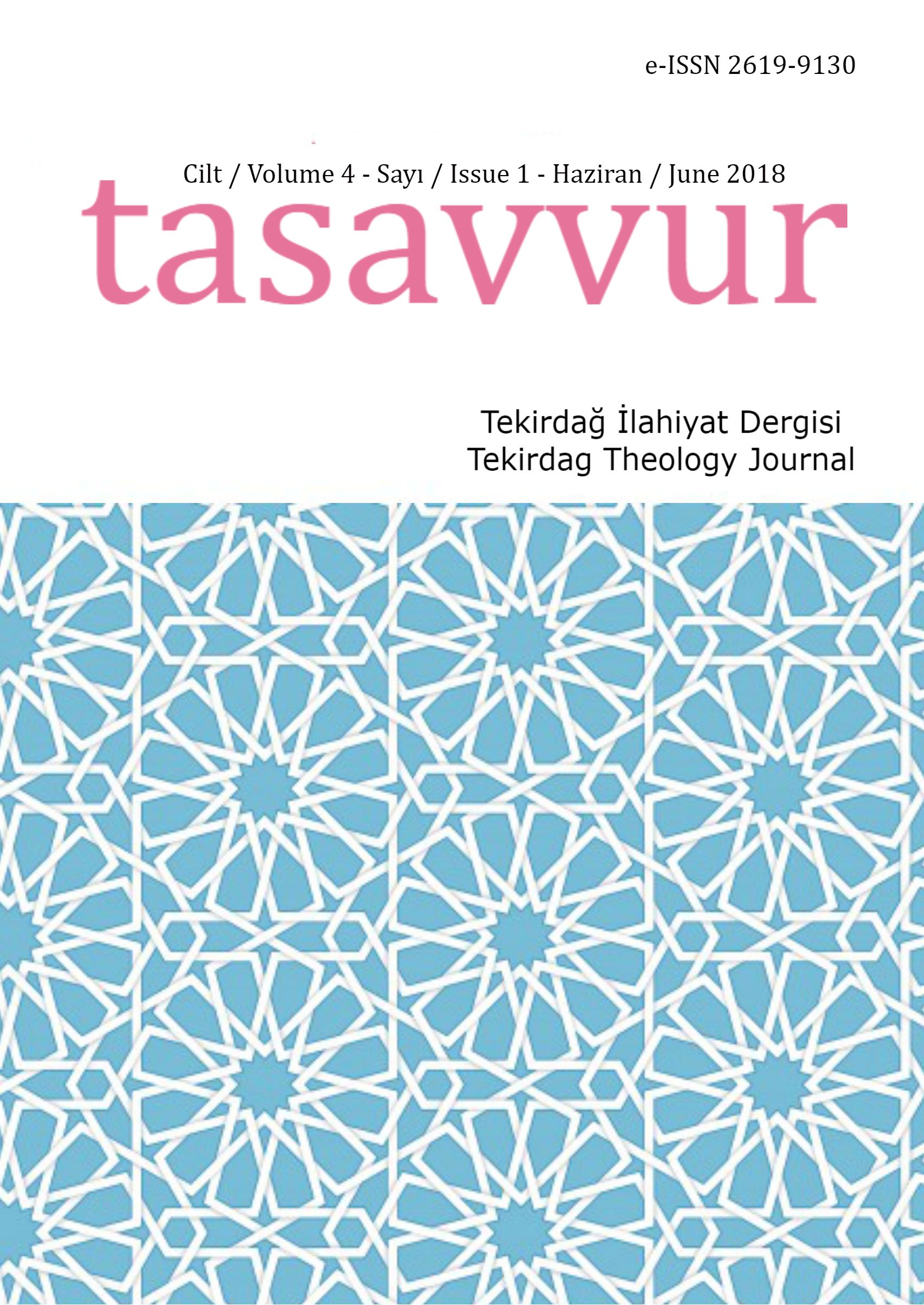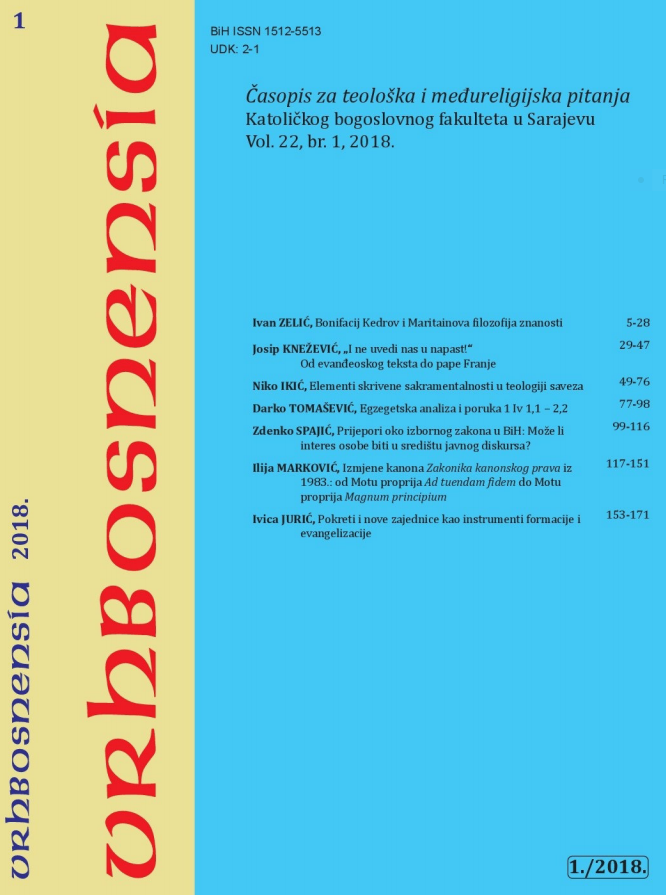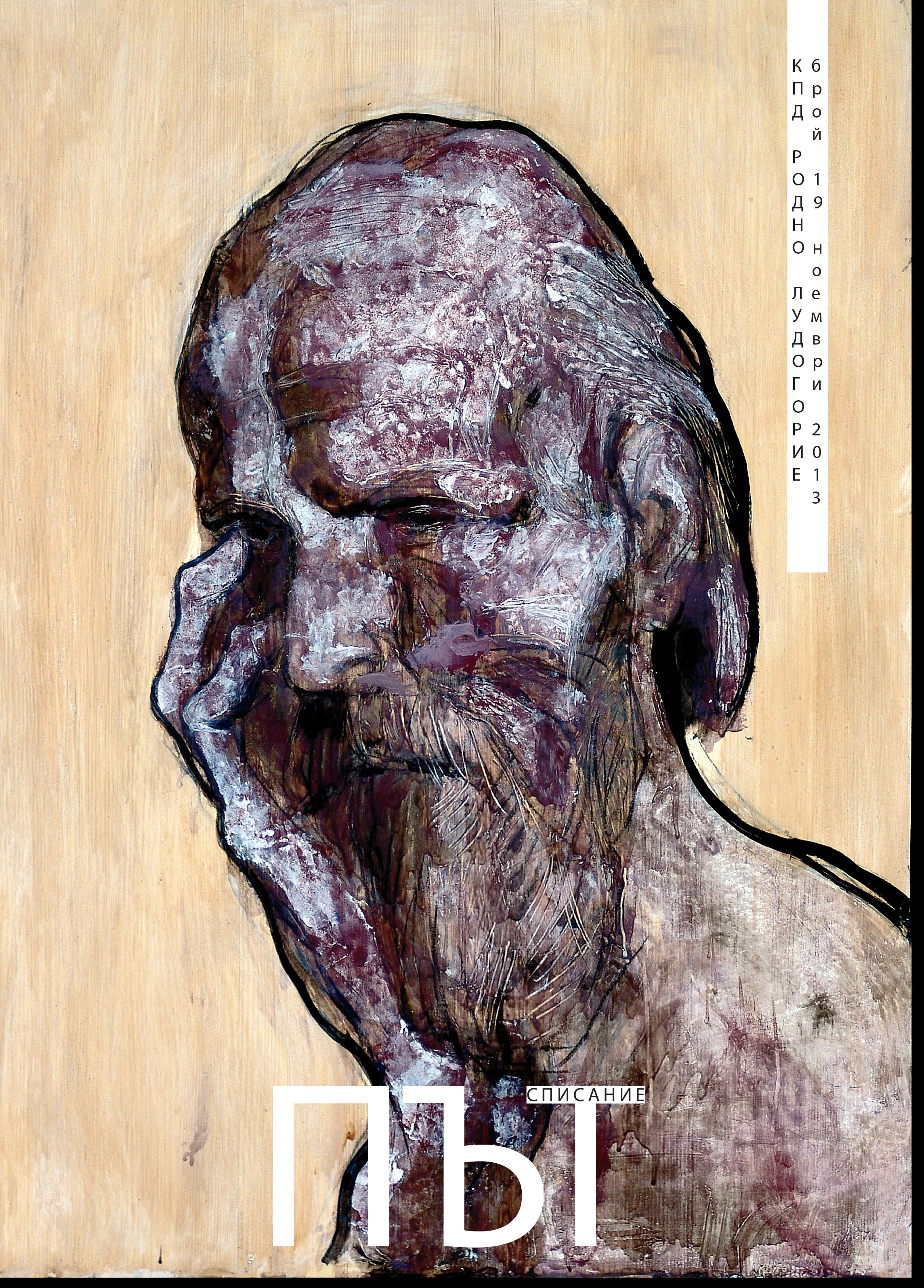
Въведение към дестан за шейх Бедреддин, син на кадията на Симавна
In his work Nazim Hikmet relates the ideology of Bedreddin with his own ideas of freedom, development and justice. The topic for the social standing of the woman in the Muslim world is opening the polemic in this article.
More...
